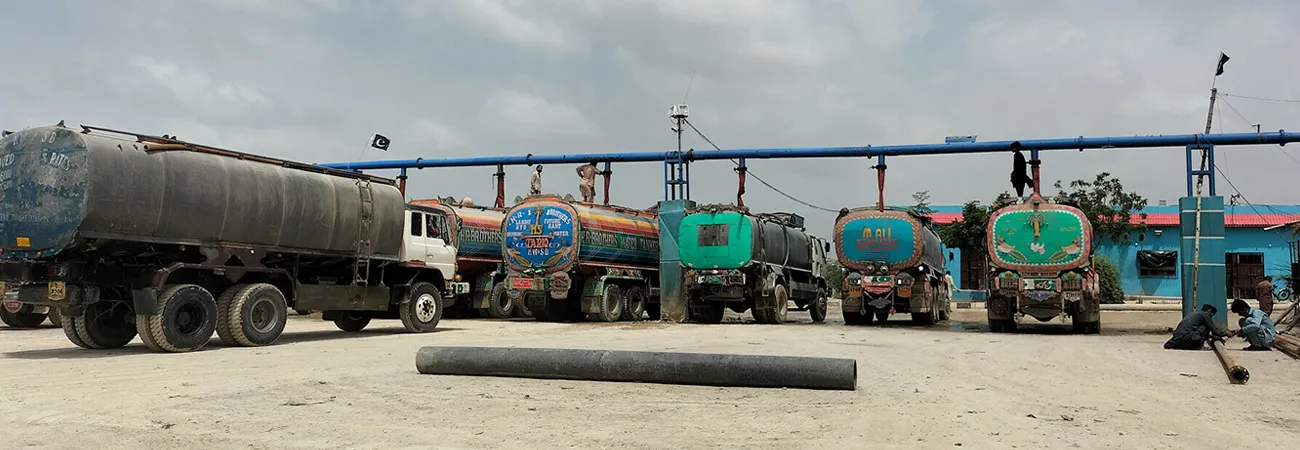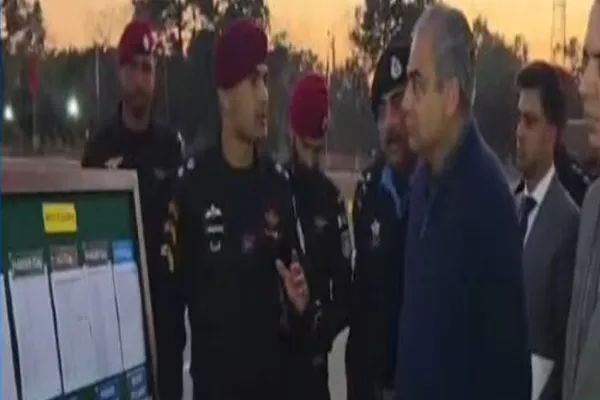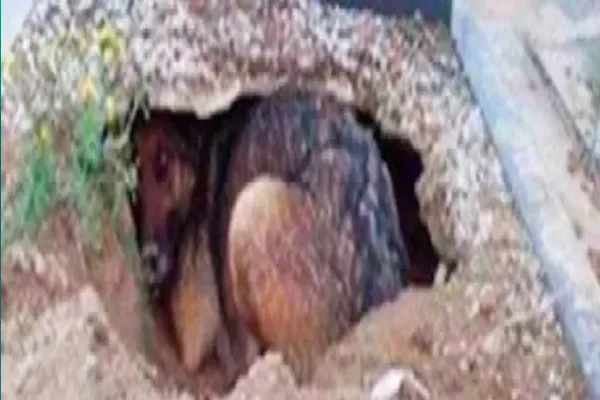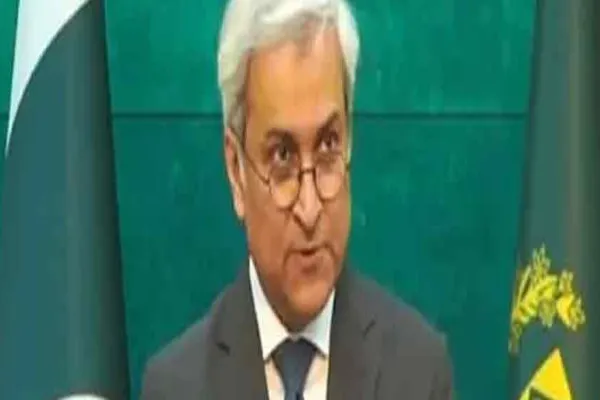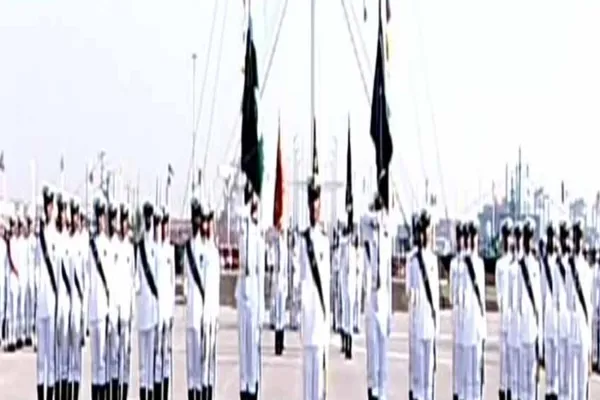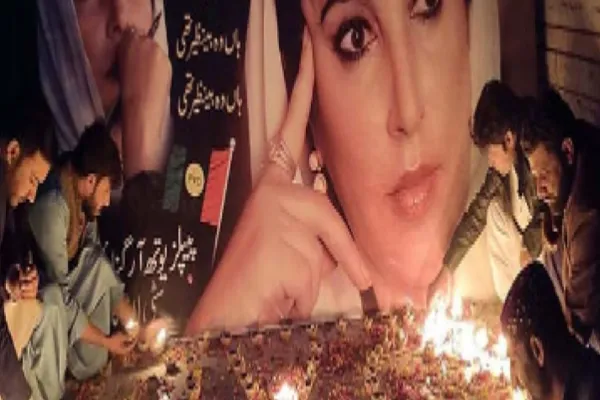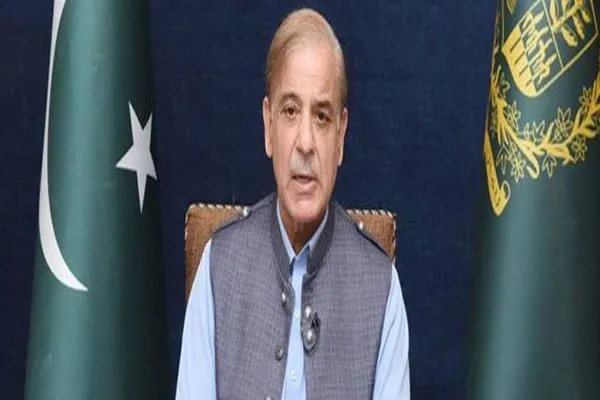i NEWS PAKISTAN
The citizens of Karachi are grappling with an escalating water crisis, as access to water becomes increasingly difficult. Many areas now experience only air coming from taps, while the cost of water tankers has surged dramatically, with prices doubling or tripling. During the peak summer months of May, June, and July, the tanker mafia exploited the situation by black marketing water tankers. According to reports, the Sindh government and the Karachi Water and Sewerage Corporation (KWSC) have allowed the water tanker mafia to operate unchecked. Over the past five years, particularly last year, the rates for commercial water tankers, the number of tankers, and the frequency of trips have increased significantly. As a result, citizens have been deprived of water through the regular pipeline system, and the heavy movement of tankers has damaged major roads and thoroughfares. Mohsin Raza, General Secretary of the People's Labor Union of the KWSC, likened the water crisis in Karachi this summer to the historical event of Karbala.
He noted that the number of official water hydrants has decreased from 23 to 7, currently located at Sakhi Hassan, Nipa Chowrangi, Safoora Chowrangi, Crush Plant, Sher Pao Colony, Landhi One Future Colony, and Baldia Town. Under KWSC's supervision, these hydrants dispatch between 40,000 to 50,000 trips daily, supplying 30 to 40 million gallons of water. However, numerous illegal hydrants continue to operate, stealing water from KWSC lines and selling it at inflated prices. Raza pointed out that both official and illegal hydrants are overcharging citizens, exploiting the city's daily water demand of 1,200 million gallons while only supplying 415 million gallons, leaving a shortfall of 785 million gallons. He emphasized that shutting down illegal hydrants could alleviate the crisis and restricting official hydrants, thus restoring pipeline water to many areas. For regions lacking water lines or facing system issues, tankers can provide a solution.
The KWSC offers water in three categories: General Public Service, Commercial, and Free Tanker Service. General Public Service offers relatively affordable water, while commercial services charge higher rates, and free water tankers are provided to mosques, public tanks, and hospitals under the Deputy Commissioner's quota. Raza revealed that the KWSC's revenue from hydrant sales reached a record high, increasing from Rs 977 million in the fiscal year 2022-23 to Rs 1.234 billion in 2023-24. However, the KWSC app, designed for citizens to order General Public Service tankers weekly, often reports that the quota is filled, forcing residents to resort to expensive commercial tankers. An anonymous KWSC official disclosed that last year's rates for General Public Service tankers have risen, with a 1,000-gallon tanker now costing Rs 1,560, a 2,000-gallon tanker Rs 2,100, a 3,000-gallon tanker Rs 2,800, and a 5,000-gallon tanker Rs 3,900. Commercial rates are even higher, with contractors setting prices at will. KWSC spokespersons stated that only seven official hydrants are operational, providing 12 to 15 MGD of water daily.
The corporation has also digitized the hydrant system and established an international-standard management center to ensure the provision of chlorinated and clean water. Registered tankers are equipped with QR codes and trackers, allowing for monitoring and preventing the sale of contaminated water. Despite these measures, the city's total daily water requirement remains unmet. The KWSC system currently provides 650 MGD, and significant projects like the K-IV plan are needed to fully address the shortage. The "Karachi's Water for Karachi's People" initiative, in collaboration with the Pakistan Rangers, has led to the demolition of 243 illegal hydrants and the filing of over 200 cases against water thieves under the new Water Corporation Act. The crackdown on illegal connections continues, with a commitment to preventing water theft. Urban planner and social activist Laila Raza highlighted the critical issue of water scarcity affecting over 60% of Karachi's areas, including Orangi Town, Surjani Town, New Karachi, Liaquatabad, Nazimabad, SITE, Korangi, Malir, Lines Area, Keamari, and Lyari.
The water shortage has empowered the tanker mafia, who sell water at inflated prices. She stressed the need for a modern water distribution system in the city. MQM Pakistan leader Zahid Mansoori lamented that Karachi residents are struggling for water and paying exorbitant prices. Despite repeated complaints to the Water Board, no steps have been taken to address the issue. Mansoori vowed to raise the matter with the Prime Minister. Jamaat-e-Islami leader and UC Nazim Kaleem Haq Usmani accused officials of backing the black market sale of water, which he said is a right of the citizens. He announced that the party would protest against the water mafia on all forums, condemning the diversion of water to tankers at the expense of the residents. Nazimabad resident and trader leader Khawaja Jamal Sethi reported severe water shortages in various areas, with tankers costing an additional Rs 3,000 to Rs 4,000 and requiring special arrangements to secure. The KWSC and Pakistan Rangers' ongoing operations aim to dismantle the illegal hydrants and connections, ensuring equitable water distribution across Karachi.
Credit: Independent News Pakistan



